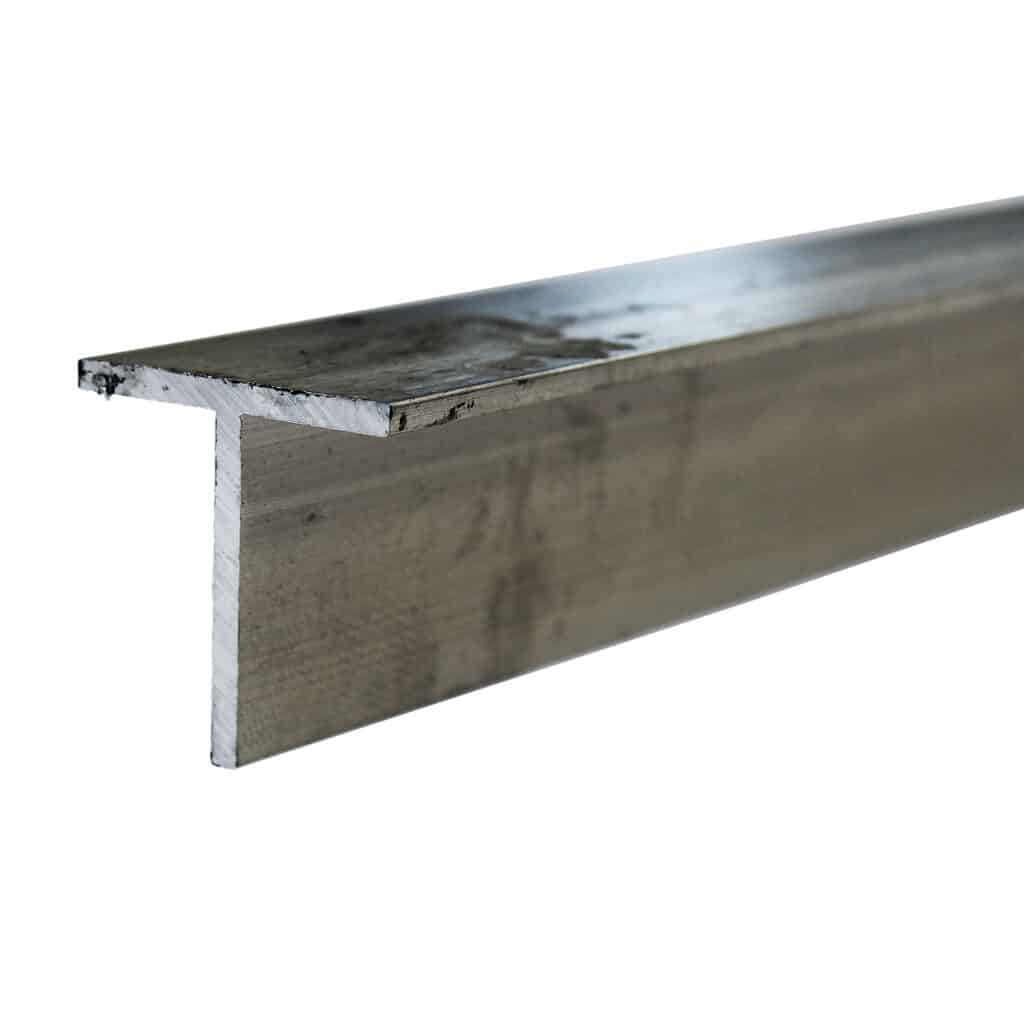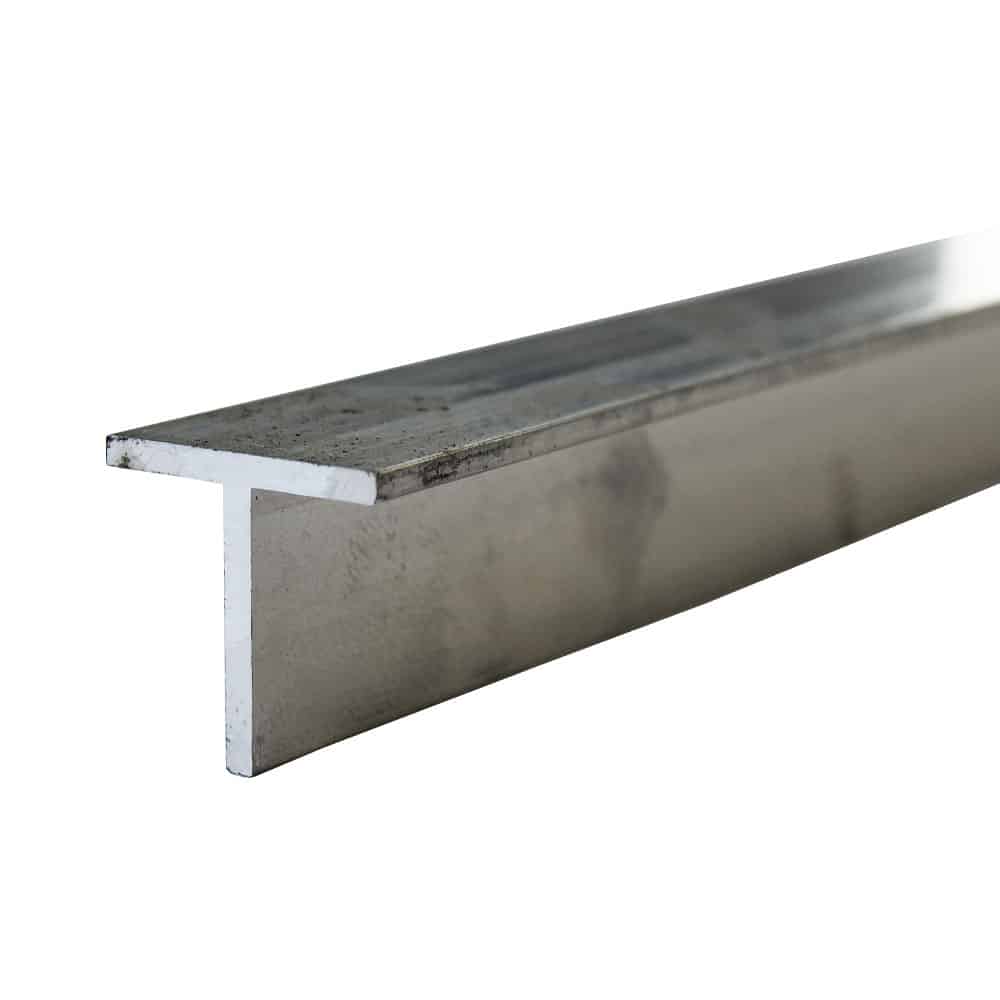- Massive Range
- FREE UK Delivery
- Rapid Dispatch
- Massive Range
- FREE UK Delivery
- Rapid Dispatch
- Massive Range
- FREE UK Delivery
- Rapid Dispatch
£11.99 – £20.99 inc VAT


This website is secured:
✔ Specialists In Rapid Shipments Of Any Size
✔ FREE UK Delivery Included
✔ Immediate Express Dispatch From Stock
✔ Tracked Delivery with Order Updates
✔ 30-Day Returns Accepted
@ ☏ Bespoke Lengths & Larger Quantities Available
If you’re on the hunt for a reliable and cost-effective pipe tube option, look no further than the 38.1mm diameter x 1.5mm thick Mild Steel Round Pipe Tube by Speciality Metals. This tubing comes in various lengths and boasts impressive durability and versatility, making it a top choice for a wide range of applications. Not only is this tubing highly recyclable, it also offers excellent welding, forming, bending and machining abilities, ensuring that you’ll be able to get the job done right no matter what you’re working on. So if you need a pipe tube that you can count on, give the Mild Steel Round Pipe Tube a try!

38.1 x 1.5mm mild steel pipe tube is used in many structural and engineering applications. The size refers to the outside diameter and then the thickness of the wall.
ERW means Electric Resistance Welded. ERW round tube is made when steel strip is welded to form a tube shape. The tube is continuously seam welded which means that there is a neat weld running along the inside of the tube.
Mild steel round tube is widely used in a variety of applications and also comes in both square and rectangular options.
Introducing the 38.1mm diameter x 1.5mm thick Mild Steel Round Pipe Tube by Speciality Metals – a versatile and cost-effective solution suitable for a wide range of applications. With its durable construction and excellent welding, forming, bending and machining abilities, this pipe tube is an ideal choice for those in need of a reliable and high-quality product. Available in various lengths, it offers flexibility and ease of use, while also being fully recyclable for added sustainability. Designed to meet the needs of a diverse range of industries, this round tubing is a must-have solution for anyone seeking quality and performance.
Speciality Metals is known to be the United Kingdom’s best up-and-coming small-quantity metal company.
Furthermore we stock a vast range of round tube options that compliment our mesh range perfectly.
Over 50,000 customers of Specialty Metals are provided with fast, friendly customer service every year. We’re the place to try when you need metal of any shape and size. We’re based in Warrington, UK. We pride ourselves on our rapid turnaround and a large range of options.
Key information:
We also carry a wide range of mild steel sheet metal, angle iron and flat bar.
Mild steel is a quality strong metal. However it is not rust proof and may do so over time. Please use galvanised or stainless steel if you need resistance to rust. If this metal tube does show signs of rust then simply remove this with WD40 or fine sanding.
The grade of plain steel that we have available has mechanical properties that provide excellent machinability, formability and weldability.
Mild steel can be welded and it’s also suitable for painting. Mild steel is a magnetic grade of metal. Magnets will stick to this sheet but it is not itself a magnet.
Sealing or connecting mild steel pipe tubes without leaks is crucial for the integrity of any piping system. Various methods are employed to achieve leak-proof connections, each suited to different applications and requirements. Here’s how mild steel pipe tubes are typically sealed or connected:
Welding: One of the most common methods of joining steel pipes is welding. When executed correctly, welding can create a very strong, leak-proof joint. The two pipe sections are aligned, and the joint is fused using a welding process. Properly welded joints can be as strong as the pipe material itself.
Threaded Connections: Some mild steel pipes have threaded ends, allowing for easy connections. A matching threaded fitting or coupling is screwed onto the pipe end. To ensure a leak-proof seal, thread sealants or Teflon tape are often applied to the threads before connecting.
Flanged Connections: For systems that might require periodic disassembly or for connecting to equipment, flanged connections can be used. Here, flanges are either welded to the pipe ends or come integrated with the pipe. Bolts and nuts are used to connect two flanges, with a gasket in between to ensure a tight seal.
Compression Fittings: These are used in some applications, particularly where disassembly is needed. The pipe is inserted into the fitting, and as the fitting is tightened, it compresses onto the pipe, forming a seal.
Mechanical Couplings: These are ready-made couplings that can clamp around two pipe sections to connect them. They usually come with a rubber or elastomeric seal inside, which ensures a leak-proof connection when the coupling is tightened.
Sealants and Compounds: For threaded and some other connections, pipe joint compounds (also known as pipe dope) or thread sealant tapes (like Teflon tape) are used to fill in the minute gaps between threads, ensuring a leak-proof seal.
It’s crucial to choose the appropriate method based on the application, pressure requirements, and the type of fluid being transported. Proper installation and adherence to standards and guidelines will ensure that the connections remain leak-proof over time.
Mild steel pipe tube’s response to fire is a function of its inherent properties and characteristics as a metal. When exposed to fire or elevated temperatures, mild steel retains its strength much longer than many other materials, such as wood or plastic. However, as the temperature rises, the strength of mild steel gradually decreases. Typically, around 600°C (about 1,100°F), mild steel loses approximately half of its strength. This behavior means that while it won’t ignite or directly contribute to the spread of fire, its structural integrity can be compromised in intense fire conditions. Furthermore, mild steel does not release toxic fumes when heated, making it safer in fire scenarios than some materials. However, it’s essential to consider that prolonged exposure to high temperatures can lead to warping or deformation of the steel. For applications where fire resistance is paramount, mild steel pipes may undergo treatments or be coated with fire-resistant materials to enhance their performance in fire conditions.
Cleaning the interior of a mild steel pipe tube is essential for maintaining its performance, especially if it’s used for transporting substances like water, gas or other fluids. Here’s a step-by-step guide on how to clean the interior:
Safety First: Ensure you’re wearing appropriate personal protective equipment (PPE) like gloves and safety glasses. This is particularly crucial if you’re working with chemicals or abrasive materials.
Drain and Flush: If the pipe is part of a system, drain any existing fluid or material from it. You can then flush the interior with water to remove any loose debris or sediment.
Brushing: For pipes with accessible diameters, use a long-handled brush (like a tube or pipe cleaning brush) to scrub the interior. This is especially helpful for removing built-up sediment, rust or other debris.
Chemical Cleaners: For more stubborn residues, especially from oils or minerals, consider using a chemical cleaner or a de-greasing agent. Always ensure the cleaner is suitable for use with mild steel and won’t cause corrosion. Thoroughly rinse the pipe after using any chemicals to ensure no residues remain.
High-Pressure Water or Steam: Using high-pressure water or steam can help in removing stubborn dirt or sediments. This method is especially effective for larger pipes or longer lengths.
Rust Removal: If the pipe interior has rusted, consider using rust removers or inhibitors. Ensure that any product used is thoroughly rinsed out, and the pipe is dried to prevent further rusting.
Drying: After cleaning, it’s important to dry the interior of the pipe to prevent rusting, especially if it’s going to be stored for some time. This can be done using forced air or by leaving the pipe in a well-ventilated area.
Inspection: Once cleaned, inspect the interior of the pipe for any signs of damage, excessive wear or corrosion. This ensures that the pipe remains safe and functional.
Regular Maintenance: If the mild steel pipe tube is part of a system that regularly transports fluids, consider setting up a maintenance schedule. Regular cleaning and inspection can help prevent build-up, corrosion and potential system failures.
Remember, the cleaning process might vary based on what the pipe has been used for and the kind of residues or contaminants present. Always choose cleaning agents and methods that are suitable for the specific application and contaminant.
Check out our blog discussing cutting, welding and shaping mild steel round tube. It will prove a useful read to help you to make an informed decision on which material would work best for you.
We are also very proud of our ever expanding YouTube channel.
Our goal for our blogs and help guides is to answer as many questions as possible to help to explain the possibilities of mesh to our customers. Contact us today if you have any questions at all. We are always really keen to help in any way that we can.
We are also very proud of our highly popular eBay store, check us out there too.
£19.49 – £49.99 inc VAT
£17.99 – £49.99 inc VAT

£19.49 – £49.99 inc VAT

£17.99 – £49.99 inc VAT
Speciality Metals
Unit 1, Farrell Street, Warrington,
Cheshire, WA1 2WW, United Kingdom
Quick Links
Payment Options
